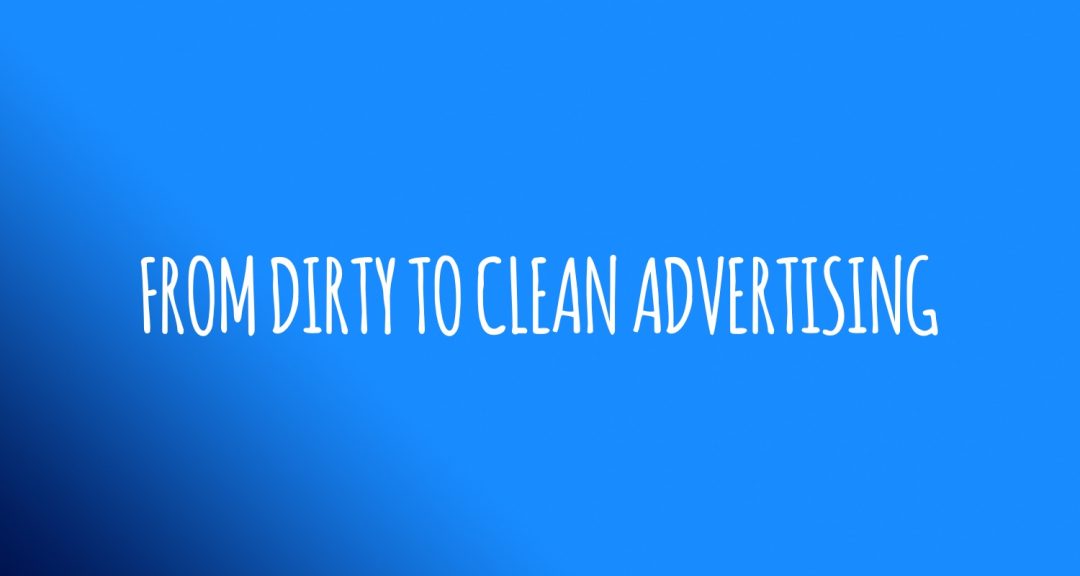If you follow my work, you might be aware that I’ve been pretty bearish on the state of the internet for some time, especially how it evolved to center on behavioral tracking (see here, here, here, here or here).
This week, a piece of the puzzle fell into place and I feel like it’s much more obvious to see, and easier to explain what has been happening.
The Web as we think about it was built on two foundational social contracts:
- We trade attention for free access to content.
- Content producers let search engines access and index their content in exchange for user traffic.
Today, both of these social contracts are more or less invalidated, and this changes everything about the Web.
So what happened? Let’s take them one by one.
- We used to trade attention for free access to content. This used to be the foundational business model on the web. It was essentially a 1:1 translation of the advertising model from traditional print and broadcast media. This has changed dramatically, though. Really, it has morphed into something unrecognizable from the old implicit contract.
Today, we trade behavioral data for algorithmic content recommendations. That is very different. Also, and relatedly, much of the relevant content now is behind paywalls. So we’re still paying, but not getting what we need. - Content producers used to let search engines access their content in exchange for user traffic. This has been working less and less well for a long time but has officially ended now that Reddit charges search engines for access to its content and blocks all the others. (Google is the only one who pays so far, and hence the only one that can still show results from Reddit, arguably one of the internet’s most important knowledge repositories.)
From today onwards, we should expect more and more content producers to charge search engines (and AI companies) to index their content. How exactly this will play out we’ll have to wait and see. But basic economics dictate that the biggest players will have a huge advantage, and Google is the biggest by a long shot.
Together, this changes everything we used to hold true about the Web. It’s not entirely clear to me what the Web will look like in 5 years, but seems absolutely clear that the Web as we used to know it ceased to exist. Better to accept that now and get to rebuilding (and to rebuilding better) than to get stuck in an outdated mental model. So, exciting times ahead!



